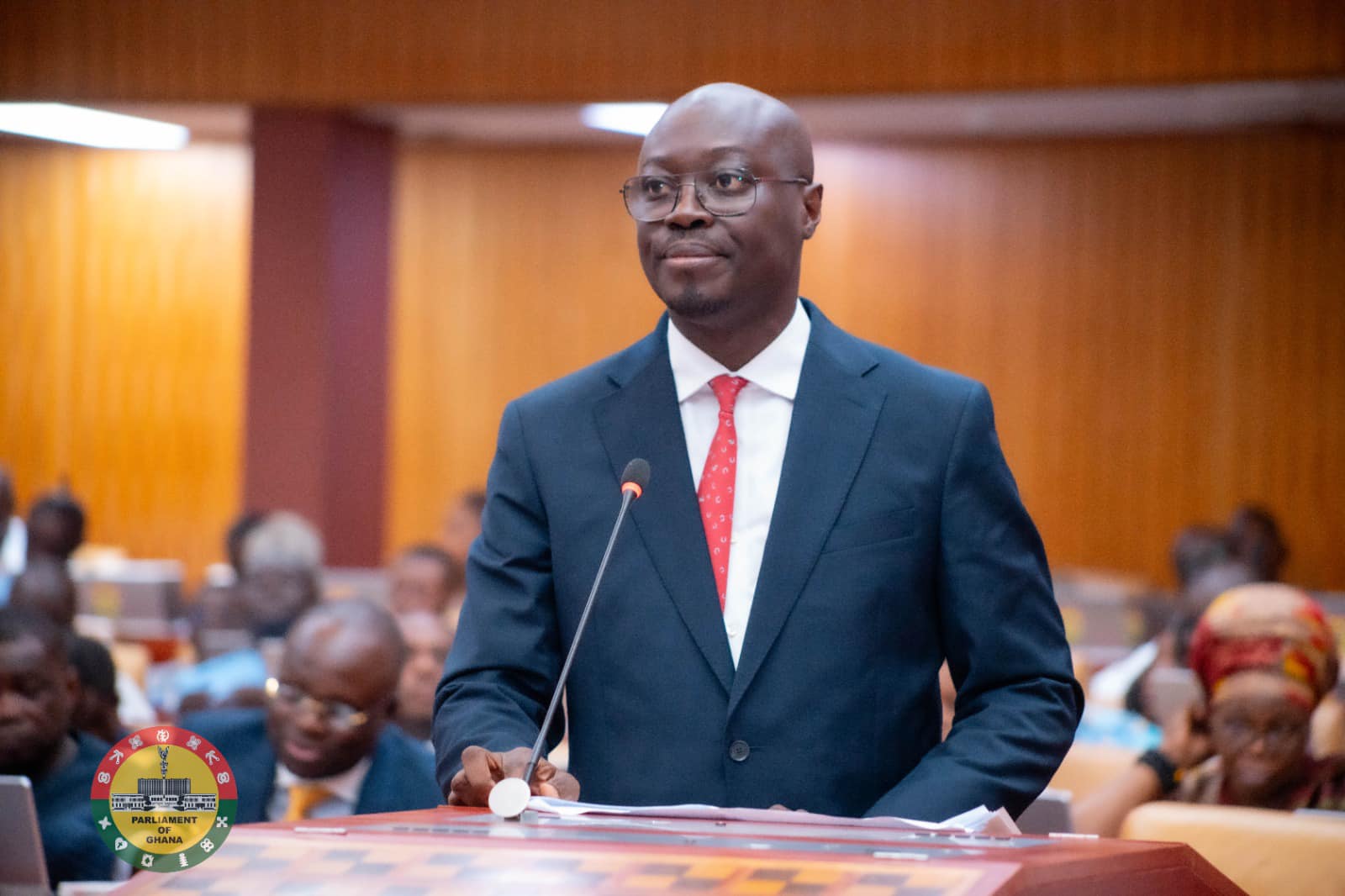
Delivering the 2025 Mid-Year Budget Review, Finance Minister Dr. Ato Forson outlined government efforts to stabilize the economy, restructure external debt, and renew key sectors like banking and infrastructure.
The review underscored a shift toward efficiency and accountability, with the National Investment Bank recapitalization and road expansion plans taking center stage.
Here is comprehensive, structured article by GhanaRegions.com analyzing Ghana’s 2025 Mid‑Year Budget Review delivered on 24 July 2025 by Finance Minister Dr. Cassiel Ato Forson.
Context & Goals
Dr Forson presented the Mid‑Year Budget Review to Parliament on 24 July 2025, in line with constitutional and fiscal regulations, giving a detailed update on economic performance and projecting adjustments for H2 2025.
Key macroeconomic targets affirmed by the review:
- GDP growth: Overall at ≥ 4.0%, Non-oil ≥ 4.8%
- Inflation: End‑year target of 11.9%
- Primary balance: Surplus of 1.5% of GDP
- International reserves: No less than 3 months of import cover
Dr Forson reaffirmed that no extra appropriations are being sought, underlining confidence in the current fiscal path.
Fiscal Health & Debt Strategy
Budget deficit: Revised downward from 3.1% to 2.8% of GDP, reflecting improved revenue performance.
Debt restructuring: Ghana continues debt audits and IMF-aligned restructuring, with a $8.7 bn burden over next four years.
Spending discipline: Dr Forson emphasized a cautious, “shock‑therapy” approach—cutting excess spending, eliminating poorly designed.
Economic Indicators – Mid-Year Overperformance
- GDP growth: Q1 surged by 5.3%, exceeding the 4.4% full-year projection.
- Cedi stabilized: Starting at GH₵15/USD, it has appreciated to around GH₵10.45/USD (~42.6% gain), easing import costs.
- Inflation: Reduced to 13.7% by end-June
- Foreign reserves: Swelled to US$11.1 bn (≈4.8 months’ import cover), up from the 3-month baseline
Financial Sector Stability
A major highlight was the recapitalisation of the National Investment Bank (NIB):
Government injection of GH₵3.4 bn — comprising GH₵450 m cash, GH₵1.5 bn bonds, and GH₵500 m in shares — has restored NIB’s capital adequacy to 23% from a −53% deficit.
This move secure depositors (~GH₵6.4 bn), preserved 900 direct jobs, and positions NIB for market relisting.
Infrastructure & Fiscal Priorities
- Road projects: The Review earmarks reconstruction of ~5000 km of roads across 166 constituencies over the next three years, plus high-impact initiatives like the Oti‑River bridge in Dambai, Kumasi and Cape Coast–Takoradi outer rings, Tema–Aflao and Enchi–Elubo routes
- Bond markets: Domestic bond market reopening targeted for August to further diversify funding sources
- Levy adjustments: The recently passed Energy Sector Levies Amendment Act, 2025 (Act 1141), is expected to contribute positively to H2 inflows
Tax Policy Reforms
- Certain unpopular levies scrapped, including the E‑levy and COVID-19 levy, in fulfillment of electoral promises.
- Betting tax removed earlier in the year.
- New fuel levy introduced under the Energy Levies Act, drawing mixed feedback; details on exit strategy remain pending.
Political & Parliamentary Dynamics
The NPP Minority in Parliament staged a walkout citing electoral violence concerns (e.g., Ablekuma North re‑run), but the review proceeded.
Dr Forson stressed that Ghana’s economic credibility and international standing have significantly improved.
Summary Table of Key Metrics
| Indicator | Mid‑Year 2025 Status |
|---|---|
| GDP (full-year target) | ≥ 4.0% (Q1 already at 5.3%) |
| Inflation (end-2025) | Target: 11.9% (currently 13.7%) |
| Cedi exchange rate | ~GH₵10.45/USD (from ~15/USD) |
| International reserves | US$11.1 bn (≈4.8 months cover) |
| Budget deficit | Revised to 2.8% of GDP |
Final Takeaway
According to GhanaRegions.com editor, Dr Forson’s mid-year review paints a cautious yet optimistic picture:
- Solid fiscal discipline is keeping deficits low while funding strategic investments.
- Inflation and exchange stability are trending positively.
- Financial sector reforms, notably the NIB rescue, enhance public confidence.
- Political tensions persist, but macroeconomic gains strengthen Ghana’s international credibility.
Challenges remain—especially sustaining growth, managing infrastructure finance, and delivering on levy reversals—but the trajectory appears more stable than at H1 2025’s outset.
DOWNLOAD: Mid-Year Budget Review 2025 Full PDF Text Below.




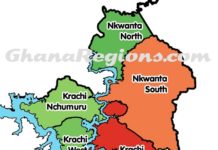

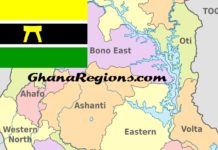












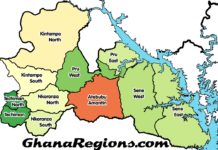







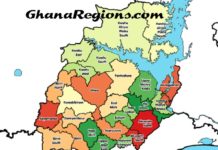







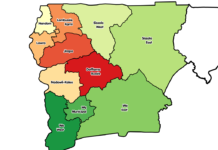
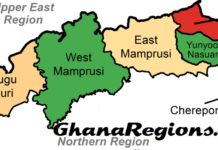


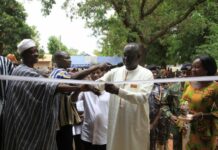










![Morocco knock out Spain on 3-0 penalties to reach FIFA World Cup 2022 quarter-final, Morocco vs Spain (0-0) (3-0) [Video]. Morocco knock out Spain on 3-0 penalties](https://ghanaregions.com/wp-content/uploads/2022/12/Watch-Morocco-vs-Spain-0-0-and-3-0-penalties-218x150.jpg)



































